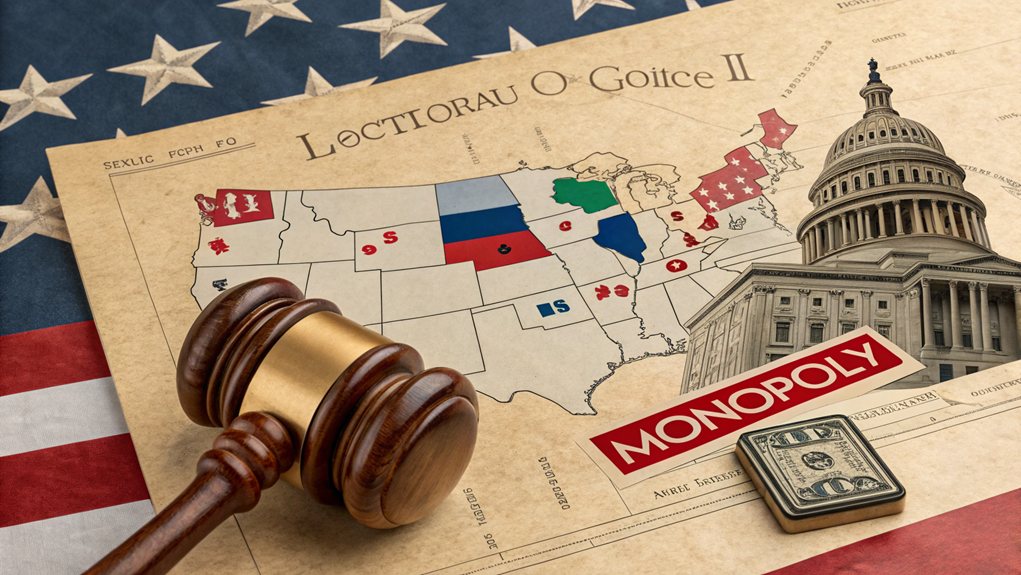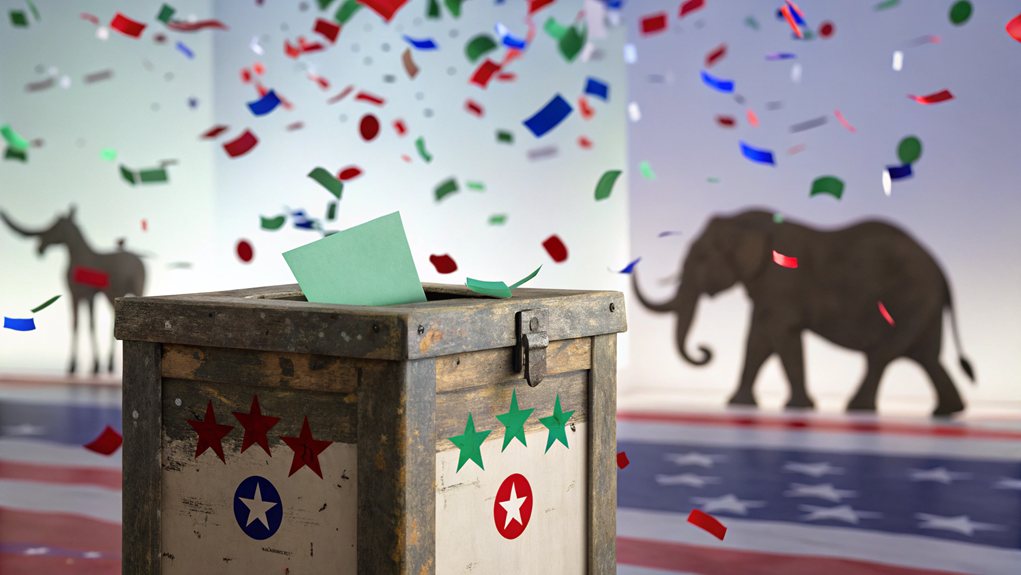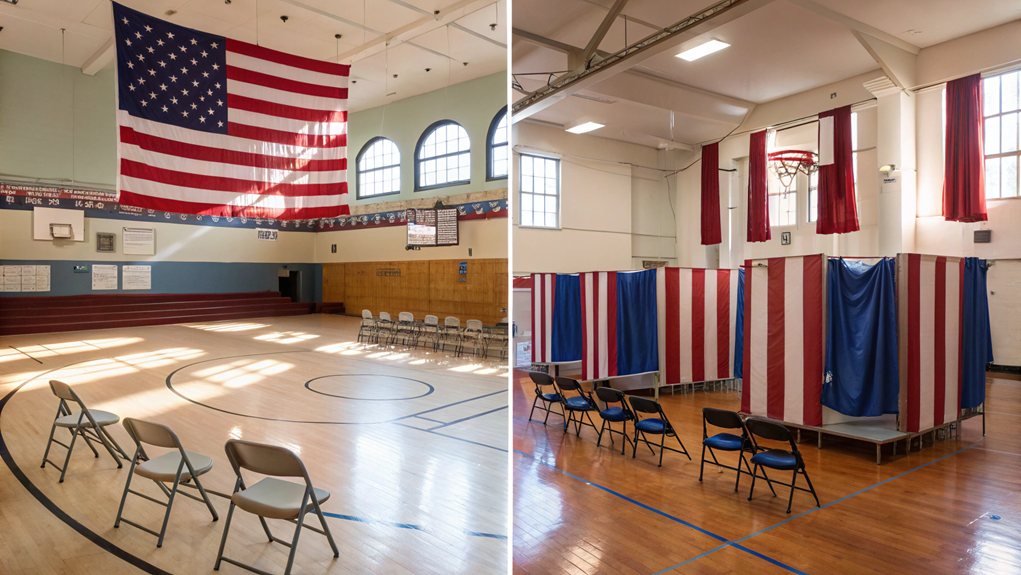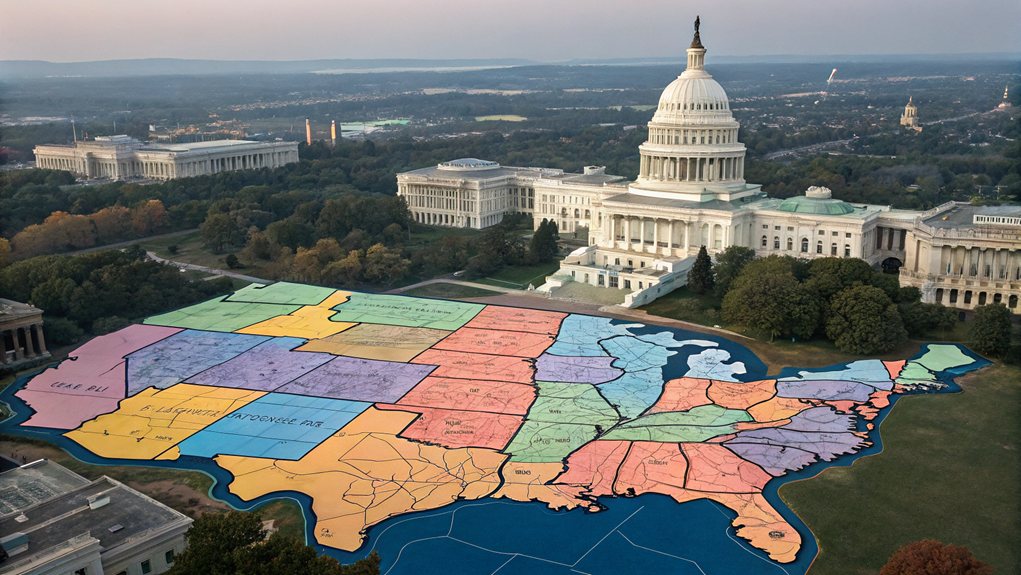The Electoral College is the quirky system used to elect the president and vice president. It involves 538 electors, all based on each state's congressional delegation. To win, a candidate needs 270 votes—simple, right? Not quite. Most states play winner-takes-all, which can make things feel a bit rigged. Electors meet in December to cast their votes, and Congress counts them on January 6. Think that's straightforward? It's not. There's a lot more behind the scenes.
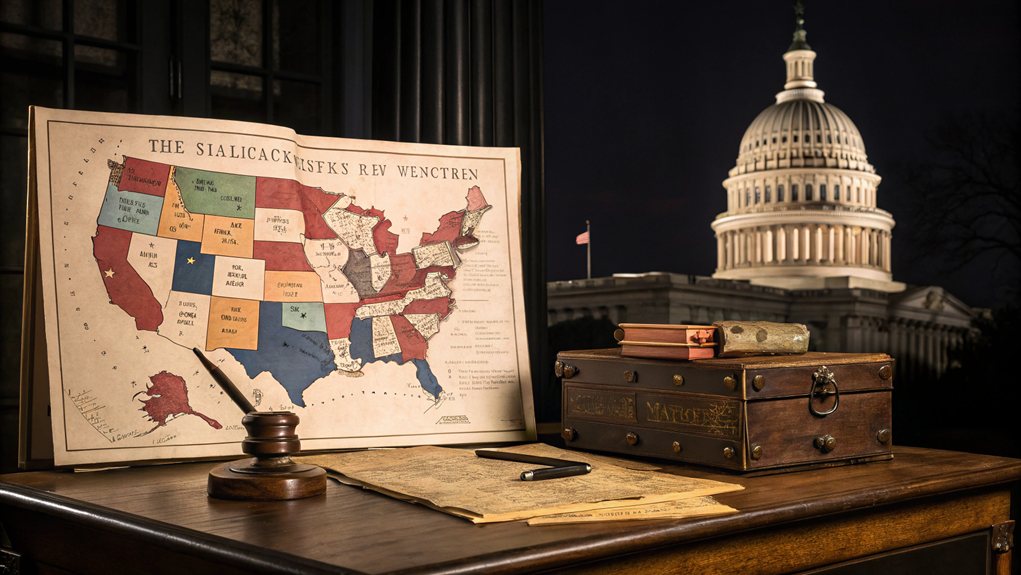
The Electoral College: strange, confusing, and often the source of heated debates. Established by Article Two of the U.S. Constitution, it serves as the quirky mechanism for electing the president and vice president. With a total of 538 electors, each state gets a number based on its congressional delegation—Senators plus Representatives—and the District of Columbia gets three, because why not? To win the presidency, a candidate needs at least 270 electoral votes. Simple, right?
The Electoral College: a quirky, contentious system where 538 electors decide who leads the nation—270 votes needed to win.
But wait. The system was a compromise, a half-hearted solution between letting Congress pick the president or letting the masses decide. Some might say it feels like a game of Monopoly where the rules change every time someone lands on Boardwalk. Most states play the winner-takes-all game with their electoral votes, while Maine and Nebraska decided to do their own thing and allocate votes proportionally. This winner-takes-all system significantly influences campaign strategies, as candidates focus on swing states where the outcome is uncertain.
Electors themselves are usually chosen on Election Day, often by political parties, following state laws. Each state's electoral votes equal its congressional delegation, which is an important aspect of how the Electoral College is structured. Federal office holders can't take the gig, which is probably a good call. Imagine the chaos if Congress could vote for themselves!
And let's not forget about faithless electors—those rogue players who might choose to ignore their pledged candidate. Some states have laws against that, but who knows how effective they are when the stakes are high.
The voting process is straightforward, but it's not without its quirks. Electors meet on the first Tuesday after the second Wednesday in December to cast their votes. They scribble down names on ballots that could be anything from pre-printed cards to simple pieces of paper. In a crucial twist, electors' votes contribute to the official count of electoral votes that ultimately determine the winner of the election.
Then, Congress takes center stage on January 6, with the Vice President presiding over the joint session, counting those electoral votes like it's the most thrilling game of bingo ever.
Frequently Asked Questions
Why Was the Electoral College Created in the First Place?
The Electoral College was created as a compromise, a way to juggle the interests of big and small states.
It was all about balance. Smaller states got a leg up with a minimum of three votes.
The Founding Fathers wanted a buffer against mob rule—because, you know, direct democracy can get messy.
They thought electors would be wise, independent folks. Spoiler alert: that hasn't always worked out as planned.
Can Electors Change Their Vote After the Election?
Can electors change their vote after the election? Technically, yes. They can, but it's not exactly a walk in the park.
Some states have laws against this, and the Supreme Court gave a thumbs-up to those laws in 2020. So, if an elector decides to play rogue, they might face fines or worse.
It's like being a kid who doesn't want to eat their veggies—possible, but not without consequences.
How Does the Electoral College Impact Voter Turnout?
The Electoral College is a real mood killer when it comes to voter turnout.
In battleground states, folks turn out like their lives depend on it—11% more than in non-swing states. Why? Candidates throw all their love and resources at these states, making others feel like ghost towns.
What Happens if No Candidate Receives a Majority of Electoral Votes?
If no candidate scores a majority of electoral votes, things get messy.
Enter the House of Representatives. Yep, they choose the President from the top three contenders. Senators? They pick the Vice President.
Each state votes as a unit in the House—26 votes needed. Senators? They vote solo.
It's all in the Twelfth Amendment. So, if you thought elections were wild, just wait for a contingent election! Buckle up!
How Do Different States Allocate Their Electoral Votes?
States allocate their electoral votes in a few different ways. Most go for the winner-take-all method—if you win the popular vote, you snag all the electoral votes.
Except Maine and Nebraska, which do things their own way, splitting votes based on congressional districts.
And let's not forget D.C., which gets three votes too. Crazy, right?
The quirks of this system mean some states are overrepresented while others are left feeling shortchanged.
